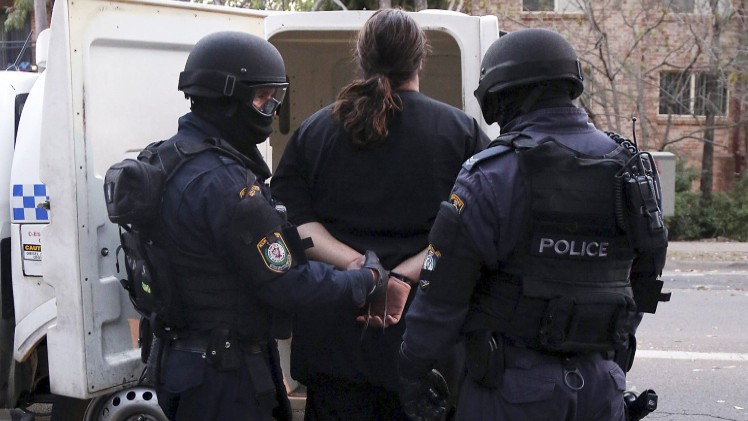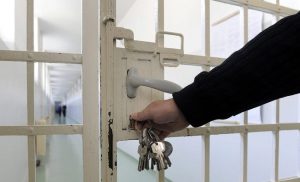
Your Rights When You Are Arrested By The Police
Although many people will go into a blind panic if the police arrest them for the first time, any of the best criminal lawyers will tell you that if you know your rights in advance, it should not be too scary.
Incidentally, we write this with no thought whatsoever as to anyone’s guilt or innocence, so whether you did or did not commit the crime, the process and your rights regarding arrest are precisely the same.
We’ll start by outlining under what circumstances the police have the right to arrest you. They 1) reasonably suspect that you have committed or are about to commit a crime, 2) They have a warrant for your arrest, and 3) They believe you to be a risk to a family member.
When they arrest you, you must not refuse to go with the police officer. That means if you try to resist, even if you are innocent of the crime they suspect you of, you are now committing an offence. Bear in mind the police can use reasonable force if you resist arrest.
It is perfectly understandable that people might panic if they are arrested for the first time and know, or at least believe, they have committed no offence. The key is to remain calm and cooperate with the police no matter how unjustified you think your arrest to be.
When arrested, you are not obligated to say anything to the police other than to provide them with your name and address. You should also tell the police if you are under 18, as the laws relating to being held in police custody differ. In this case, when being questioned, you must have a parent, guardian, or another adult with you.
For an adult, you have the right to call a family member or friend before the police question you, as well as being able to contact your legal representative, which is likely to be a criminal lawyer.
Those who do not speak English have the right to have an interpreter present, and you can also refuse to take part in any line-up or have your photograph taken.
With regards to the police requesting fingerprints, you cannot refuse, and if need be, they can take them using reasonable force. However, body samples require a court order if you refuse permission to take them.
If you have been arrested and the police wish to question you, they can hold you for up to 8 hours, but only for 4 of those 8 hours are they allowed to ask you.
If the police wish to extend the period, they must apply to a justice of the peace or a magistrate, who may grant that they are allowed to hold you up to 12 hours. Beyond 12 hours can only be sanctioned by a magistrate.
Bear in mind, whether it’s 4, 8, 12 hours, or longer, you are not obliged to say anything to the police, and the right to remain silent applies throughout.
Once they have finished questioning you, there are several possibilities. The police could release you without charge, or they may charge you and give you bail, meaning you are released until your court date. If they wish to keep you in custody, they will take you to court, where you can apply for bail.



